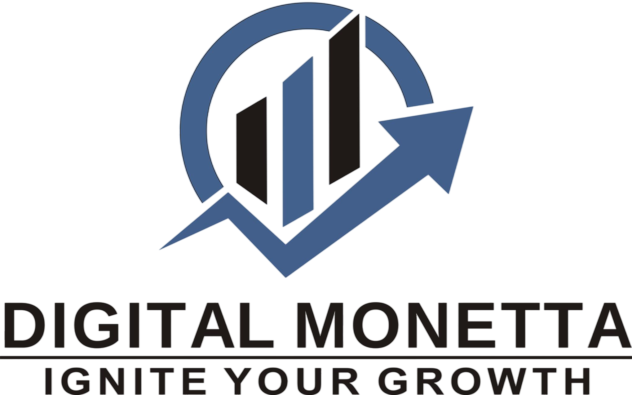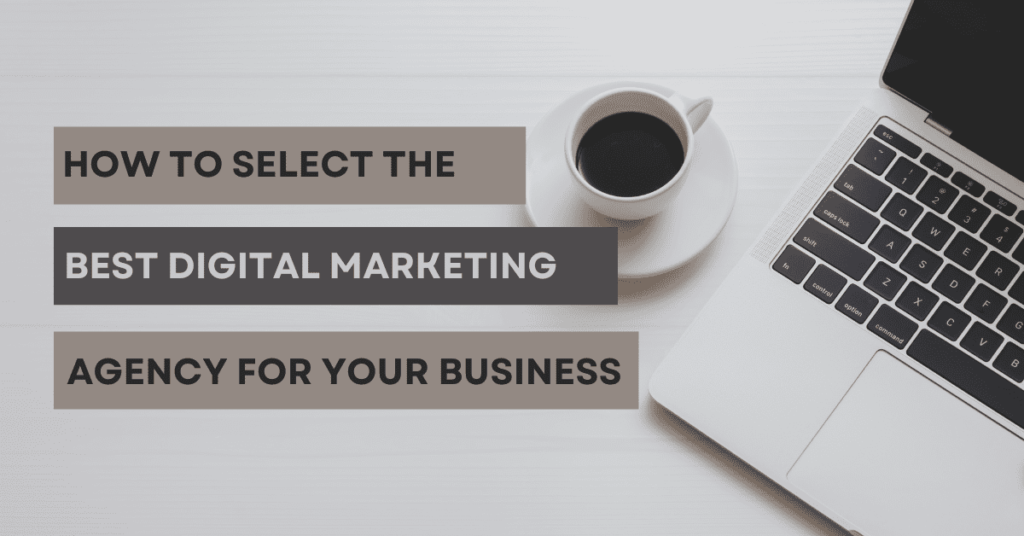Table of Contents
ToggleHow to Select the Best Digital Marketing Agency for Your Business
Selecting the best digital marketing agency for your business involves a few essential steps. First, clearly define your marketing needs and goals, such as increasing brand awareness or boosting online sales. Next, evaluate potential agencies based on their expertise and experience in your industry. Check their track record by reviewing case studies and client testimonials to ensure they have a history of successful projects. It’s also important to analyze the range of services they offer, ensuring they can handle all aspects of your marketing strategy. Assess their communication practices to ensure they provide regular updates and are easy to work with. Consider their technological capabilities to ensure they use the latest tools and analytics. Review their pricing models to ensure they fit within your budget, and verify any industry certifications and awards to confirm their expertise and reliability. By following these steps, you can find a digital marketing agency that aligns with your business needs and helps drive growth.
Understanding Your Business Needs and Goals
- Identify what you want to achieve (e.g., brand awareness, lead generation, sales growth).
- Set specific, measurable, achievable, relevant, and time-bound (SMART) goals.
- Evaluate what’s working and what isn’t in your current strategy.
- Understand your strengths, weaknesses, opportunities, and threats (SWOT analysis) .
- Set a realistic budget for your digital marketing efforts.
- Consider both short-term and long-term marketing investments.
- Clearly define your target audience.
- Create detailed buyer personas to understand their needs, preferences, and behaviors.
- List the specific services you need (e.g., SEO, PPC, social media marketing, content creation).
- Ensure the agency can handle the scale of your business.
- Check if they have experience working with businesses of your size and in your industry.
Evaluating the Agency's Expertise and Specializations
- Look for agencies with experience in your industry.
- Evaluate their understanding of industry-specific challenges and trends.
- Check if the agency specializes in the services you need.
- Ensure they have expertise in specific areas like SEO, PPC, content marketing, etc.
- Review the qualifications and experience of the agency’s team members.
- Look for certifications and relevant training.
- Assess if the agency is recognized as a thought leader.
- Check for published articles, blogs, webinars, or conference presentations.
- Ensure the agency stays updated with the latest digital marketing trends.
- Ask about their approach to incorporating new technologies and strategies.
Assessing Their Track Record and Client Testimonials
- Review detailed case studies and portfolios of past work.
- Look for examples that align with your business goals and industry.
- Read testimonials and reviews from current and past clients.
- Check for consistency in positive feedback and successful outcomes.
- Ask the agency for references you can contact.
- Speak to these references to get firsthand accounts of their experience.
- Look for industry awards and recognitions.
- These can indicate the agency’s credibility and success.
- Inquire about the agency’s client retention rates.
- High retention rates often indicate client satisfaction and effective service delivery.
Analyzing the Range of Services Offered
- Ensure the agency offers a full range of services you need.
- This might include SEO, PPC, social media Marketing, email marketing, and more.
- Check if the agency can customize their services to fit your specific needs.
- Ensure they are flexible and can adapt to changes in your strategy or goals.
- Look for agencies that offer integrated marketing solutions.
- This ensures a cohesive strategy across different channels and platforms.
- Ask if they can handle special projects or campaigns (e.g., product launches, seasonal promotions).
- Check their ability to deliver on short-term and high-impact initiatives.
- Consider any additional services that might be beneficial (e.g., web development, graphic design, video production).
Examining the Agency's Communication and Collaboration Practices
- Ensure there are clear lines of communication.
- Ask about the primary points of contact and preferred communication methods (e.g., email, phone, meetings).
- Confirm the frequency and format of progress updates and reports.
- Ensure the reports are detailed and easy to understand.
- Look for transparency in their processes and decision-making.
- Ensure they take accountability for their work and results.
- Ask about the tools they use for project management and collaboration (e.g., Trello, Asana, Slack).
- Ensure these tools facilitate smooth communication and workflow.
- Check how they handle feedback and revisions.
- Ensure they are open to client input and can adapt their strategies accordingly.
Considering the Agency’s Technological Capabilities.
- Inquire about the marketing technologies and tools they use.
- Ensure they are using advanced and up-to-date tools.
- Look for robust data analytics capabilities.
- Ensure they can provide detailed insights and actionable reports.
- Check if they use marketing automation tools for email marketing, social media posting, etc.
- Ensure these tools improve efficiency and effectiveness.
- Ask about the specific tools they use for SEO and PPC campaigns.
- Ensure these tools are industry-standard and proven effective.
- Ensure they have expertise in website development and content management systems (CMS).
- Check if they can manage and optimize your website effectively.
Reviewing Pricing Models and Budget Compatibility
- Ensure the agency provides transparent pricing.
- Avoid agencies with hidden fees or unclear pricing structures.
- Understand the different pricing models (e.g., hourly, retainer, project-based).
- Choose a model that aligns with your budget and needs.
- Assess the value for money offered by the agency.
- Ensure the services provided justify the costs.
- Check if the agency can scale their services as your business grows.
- Ensure they can handle increased demands without compromising quality.
- Review the contract terms carefully.
- Look for flexibility in terms of contract length and termination clauses.
Checking for Industry Certifications and Awards
- Look for industry certifications (e.g., Google Partners, HubSpot Certified).
- These indicate the agency’s expertise and commitment to quality.
- Check if the agency is a member of professional associations (e.g., AMA, DMA).
- Memberships can indicate adherence to industry standards and ethics.
- Look for awards from reputable organizations (e.g., Clutch, Webby Awards).
- Awards can indicate a high level of excellence and industry recognition.
- Ensure the agency invests in ongoing education and training.
- This shows a commitment to staying updated with industry trends and best practices.
- Check for recognition from clients and industry peers.
- Positive feedback from these sources can be a strong indicator of the agency’s quality and reliability.
Conclusion
FAQ
Look for expertise in your industry, a strong track record, comprehensive services, clear communication, and advanced technology use.
Check their case studies, client testimonials, industry certifications, and experience with businesses similar to yours.
They should offer SEO, PPC, social media marketing, content creation, and web designing & development.
- Very important. They provide insights into the agency’s effectiveness and client satisfaction.
- Understand their pricing models and compare them with your budget to ensure compatibility.
Certifications indicate the agency’s expertise and commitment to staying updated with industry standards.


